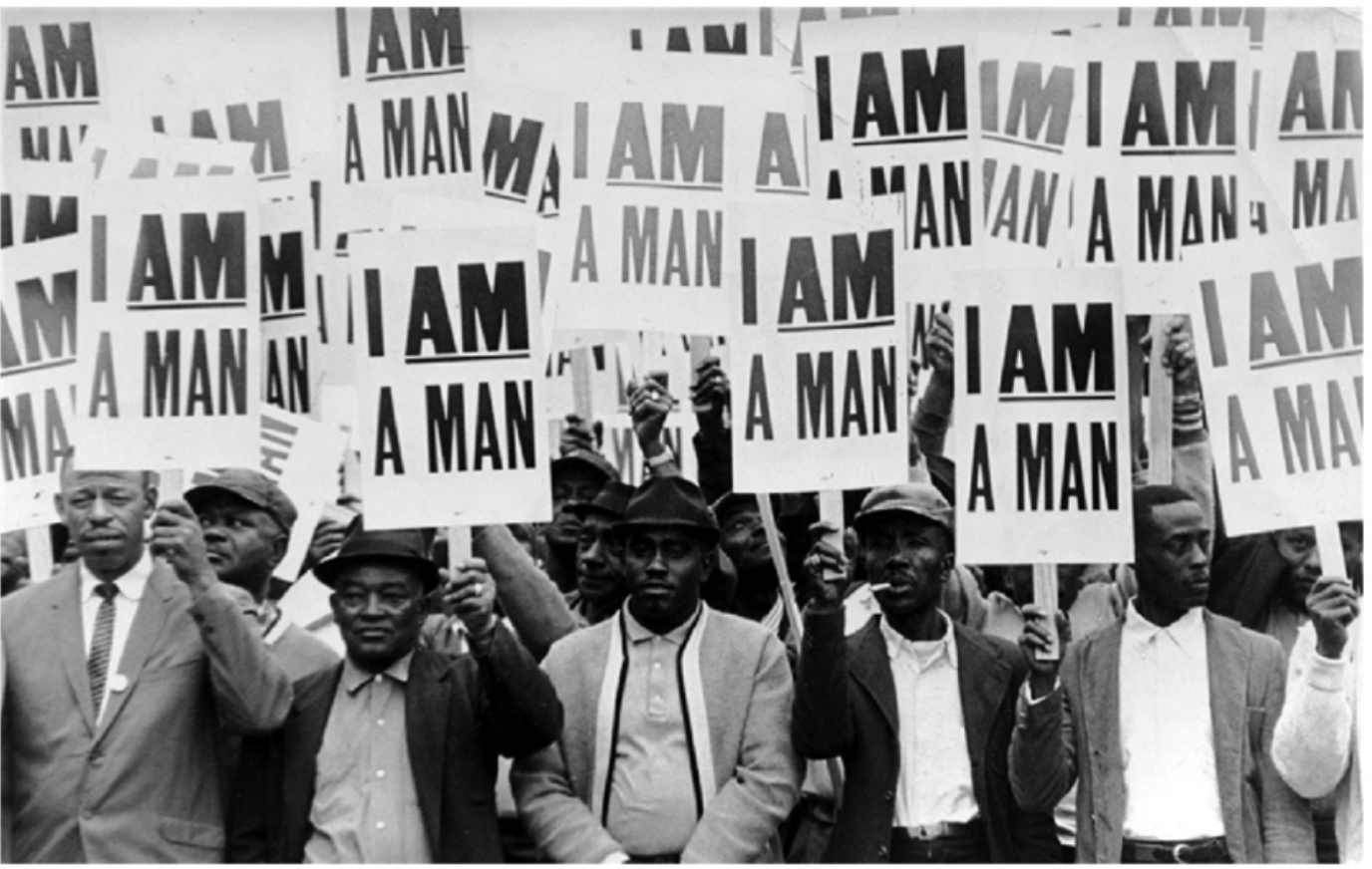In 1968, Martin Luther King Jr. was killed while visiting Memphis, Tennessee to march with the striking sanitation workers there. Fifty-four years later, we are seeing workers, particularly in communities of color, walk in overwhelming numbers. Payday Report has already tracked nearly 1,800 strikes since the beginning of the pandemic in March of 2020.
Many commentators dubbed October of 2021 as #Striketober and claimed there was an unprecedented surge of strikes that month at places like John Deere, Kellogg, Nabisco, and elsewhere. However, our reporting showed the peak for strikes was following the murder of George Floyd when there were more than 500 walkouts in June of 2020 amid a massive wave of strikes.
Moreover, many largely white labor journalists and academics downplayed the ensuing Black Lives Matter protests, warning that these walkouts motivated by Black Lives Matter protests weren’t “real strikes” in the traditional union sense.
A month later, Payday Report argued in “How Black & Brown Workers Are Redefining the Strike in a Digital COVID Era” that the labor press was failing to see the beginning of a massive wave of strikes.
With essential workers disportionately hailing from communities of color, the strike wave movement has been particularly strong in these communities. Tracking these strikes throughout the pandemic has allowed us to amplify these voices.
We are asking for your help to keep tracking these strikes and tell the story of how workers are walking out in unprecedented numbers. We need your help to keep telling these stories and keep impacting the way that these strikes, particularly in communities of color, are portrayed by the media.
Our work covering these walkouts has had an enormous impact, with NPR to The Economist to The Washington Post citing us on a front-page cover story. The New York Times described Payday Report as a publication with “new energy.”
Boots Riley, who directed the hit film “Sorry to Bother You,” also extensively praised our work in noting the strike wave when few people did.
“You could count on one hand the number of outlets, whether they’re mainstream or radical, that pushed this fact,” Riley said of our work tracking more than 1,800 strikes since the beginning of the pandemic.
Esquire called our work tracking the strike wave “invaluable,” and PBS American Portraits, Vice, and Columbia Journalism Review have all profiled our trailblazing work tracking the strike wave.

